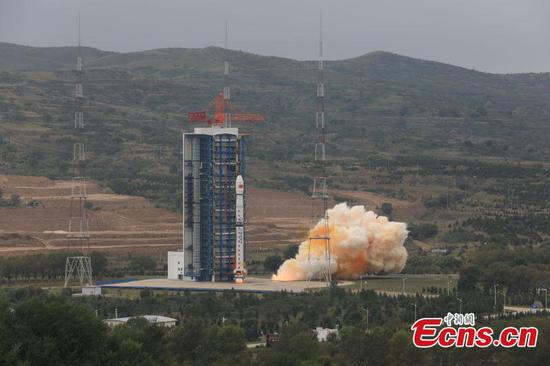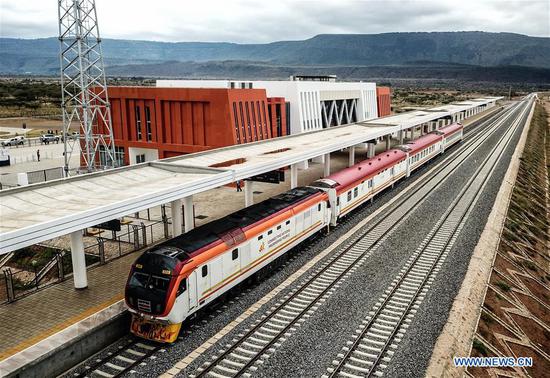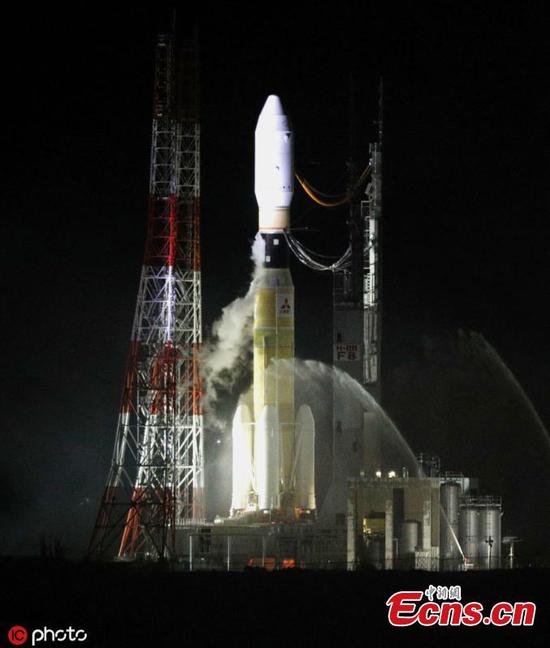London bourse sees more opportunities in mainland tie-ups
The London Stock Exchange's (LSE) resounding rejection of Hong Kong Exchanges and Clearing's (HKEX) merger proposal, which essentially killed the deal, is a wake-up call to the city where the economy and social order have been damaged by riots and unrest, according to analysts.
The LSE's strongly worded letter and mention of its preference for the Shanghai Stock Exchange (SSE) are reminders that the status of the Hong Kong Special Administrative Region (HKSAR) as a glittering financial hub is mainly backed by the Chinese mainland. National unity and stable social order are necessary preconditions of the city's prosperity, they said.
HKEX's ambitious plan to merge with the LSE and build a global financial platform that can compete with US exchanges received a decisive rejection over the weekend.
The LSE's board on Friday said it "unanimously" rejected HKEX's takeover proposal, citing price and strategic reasons, and it ruled out further engagement.
However, what drew more attention was LSE Chairman Don Robert's note about "China opportunities" and the SSE in the statement.
"We recognize the scale of the opportunity in China… We value our mutually beneficial partnership with the SSE, which is our preferred and direct channel to access the many opportunities with China," read the statement.
Robert's words clearly show the LSE's logic and intention behind its cooperation with its Chinese counterparts. In the LSE's eyes, HKEX's biggest advantage is its access to many mainland-based companies that seek listings, according to a broker surnamed Li who works at an investment bank that has assisted several Chinese companies with IPOs in Hong Kong.
Without the mainland's support, the HKSARs status as Asia's financial center will rapidly decline, Li told the Global Times on Sunday, adding that HKEX doesn't have the complementarity that the LSE is looking for.
After US credit ratings agency Fitch Ratings Inc on September 5 lowered Hong Kong's rating to AA from AA+ and hinted at a bearish view on its growth, Hong Kong's stock market rebounded and stabilized. This was a result of the mainland's stance of preparing to back up Hong Kong, according to analysts.
The LSE also doubted whether HKEX could provide "the best long-term positioning in Asia or the best listing/trading platform for China," said Robert in the LSE's statement.
Compared with exchanges in the mainland, HKEX's advantages include a relatively complete, mature trading mechanism and a variety of investing tools. But these could be surpassed as the mainland improves its financial system, according to analysts.
"If the protests and riots continue to damage Hong Kong's social order, the city will lose appeal to investors faster than expected, even with the help of the mainland," Li said.
Unlikely deal
In response to the LSE's rejection, HKEX on Friday said that it isn't abandoning its proposal. It expressed expectation that the LSE would further engage and analyze details of the transaction, saying it "continues to believe that the proposed combination... represents a highly compelling strategic opportunity."
Analysts noted that the transaction was unlikely to happen, but the reasons were clearly not concerns over "Chinese influence."
Yang Delong, chief economist at Shenzhen-based First Seafront Fund Management Co, told the Global Times on Sunday that the LSE had spoken out specific reasons against the transaction, including price and strategic factors.
The LSE has made it clear that it recognizes the scale of opportunities in China and greatly values its relationship with the SSE, Yang said, adding that as the second-largest stock market in the world, mainland exchanges have more potential in the LSE's eyes.
HKEX may raise its offer from $37 to $40 billion or even higher, and the possibility of a hostile takeover is also rising, according to media reports over the weekend. But Li said that considering the small difference in the exchanges' capitalization levels, it would cost HKEX significantly more to undertake a hostile takeover, and he doesn't see the strategic necessity for such step.


















































